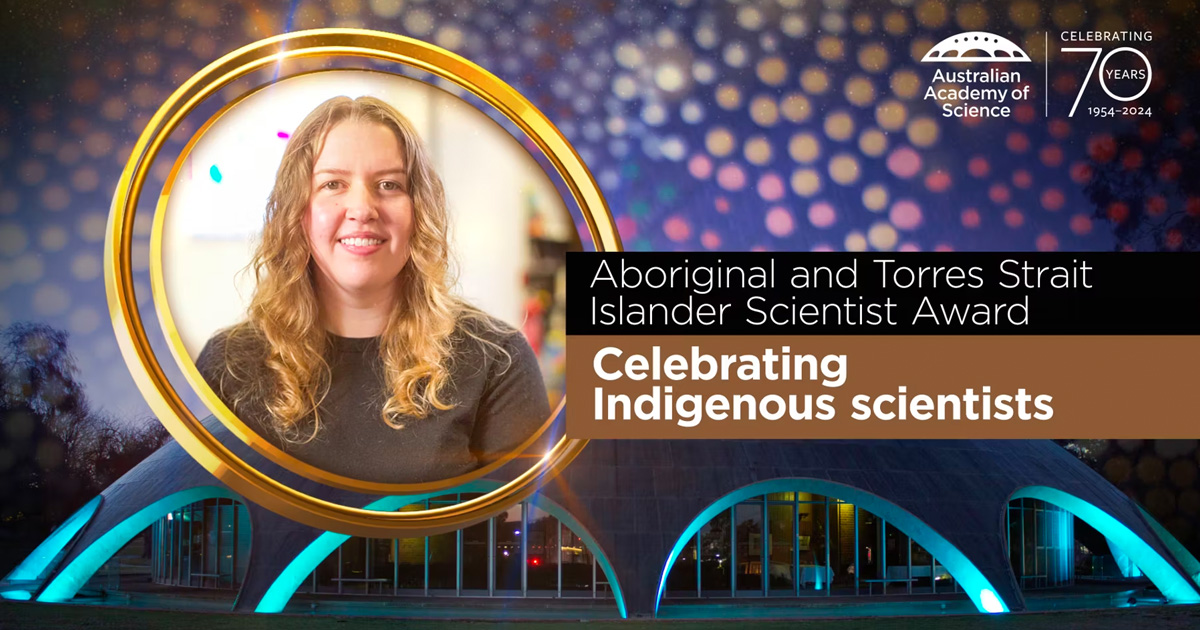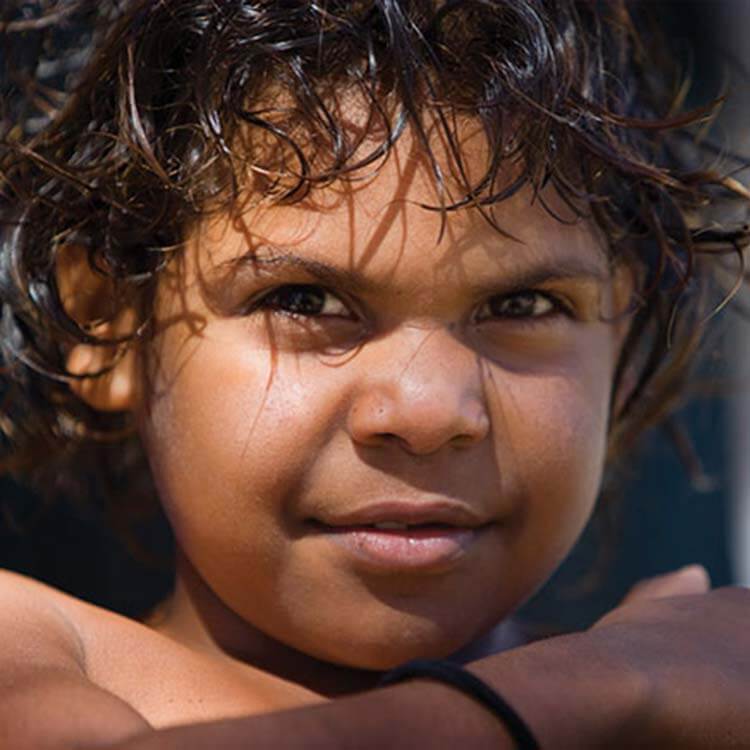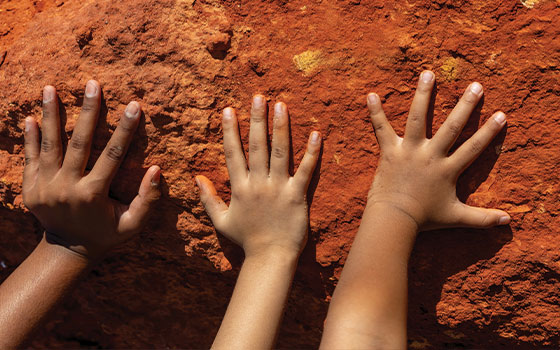Search
Research
A cross-sectional survey of environmental health in remote Aboriginal communities in Western AustraliaPoor environmental health is prevalent in remote Aboriginal communities and requires further delineation to inform environmental health policy
Research
Repeat pneumococcal polysaccharide vaccine in Indigenous Australian adults is associated with decreased immune responsivenessThese findings highlight the critical need to evaluate the efficacy of future pneumococcal vaccine programs in the Australian Indigenous populations that recommend repeated doses of 23vPPV.
News & Events
Study opportunity for Aboriginal Health WorkersA new scholarship program offering Aboriginal Health Workers an opportunity to take up further study has been launched
Research
Moort Vax Waangkiny: Understanding reasons for routine vaccine uptake among Aboriginal children aged <5 years in Perth (Boorloo) metroAboriginal children aged younger than 5 years in Perth (Boorloo) have lower vaccine uptake compared to non-Aboriginal children.

News & Events
Prestigious invite for WA infectious disease expertsTwo Perth clinician-scientists have been recognised as national leaders in infectious disease research after being elected as Fellows of the esteemed Australian Academy of Health and Medical Sciences.

News & Events
Prestigious national award for researcher seeking to improve Indigenous cancer outcomesCongratulations to Indigenous genomics researcher Dr Justine Clark, who is one of two scientists nationally to receive the Australian Academy of Science’s 2024 Aboriginal and Torres Strait Islander Science Award.

News & Events
Research suggests strong connection to culture can help protect Aboriginal and Torres Strait Islander children from institutional sexual abuseA new report that suggests strong connection to culture can help protect Aboriginal & Torres Strait Islander children from sexual abuse in institutions.

News & Events
$1 million funding boost to help Aboriginal kids with skin infectionsThanks to a $1 million funding grant, Dr Asha Bowen from The Kids Research Institute Australia is on track to change Aboriginal children's skin infection statistics.

Facilitate research interest & opportunities that involve Aboriginal families & communities and build the capacity and development of Institute researchers
Strengthening the capacity of Aboriginal children, families and communities
